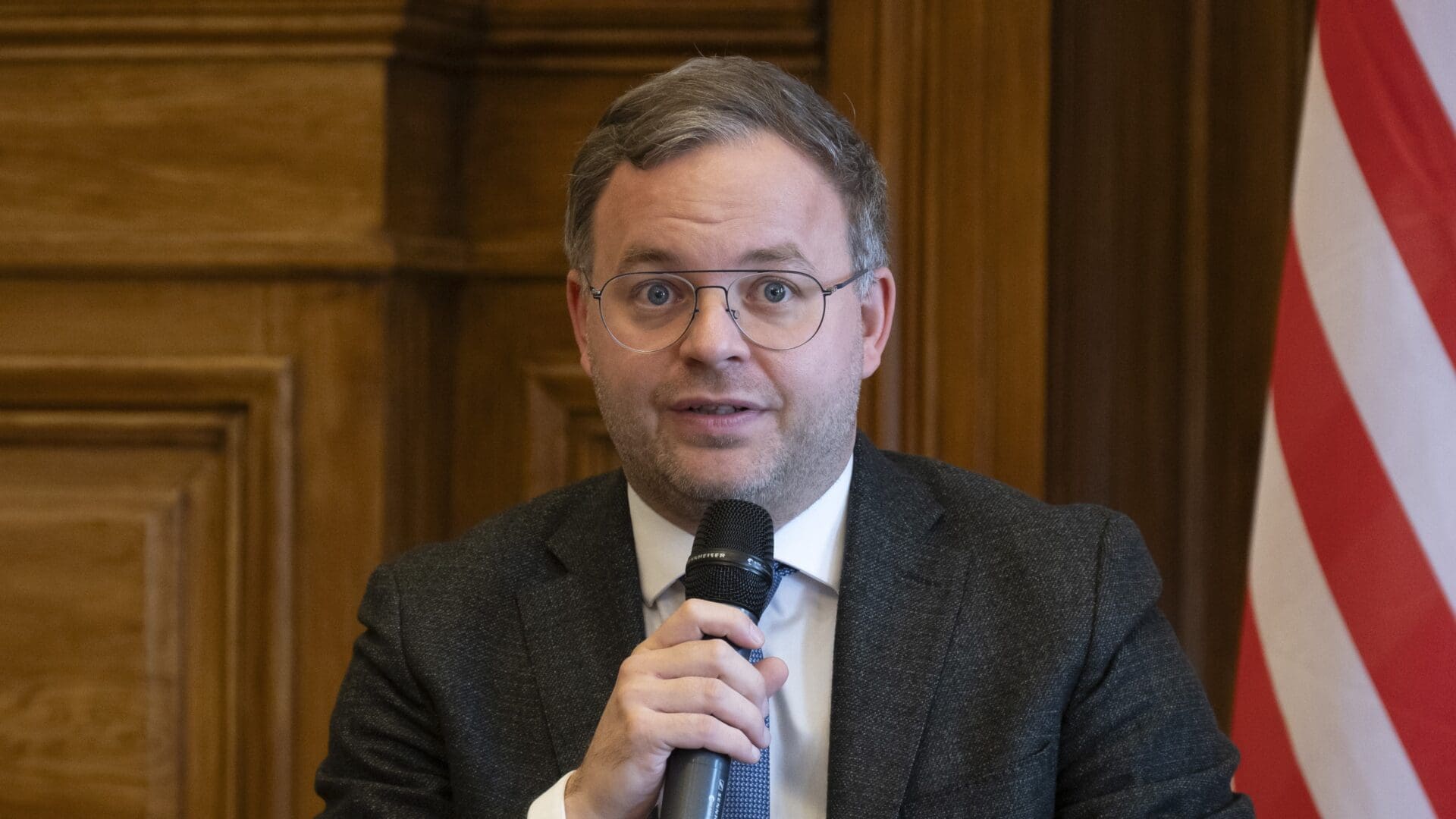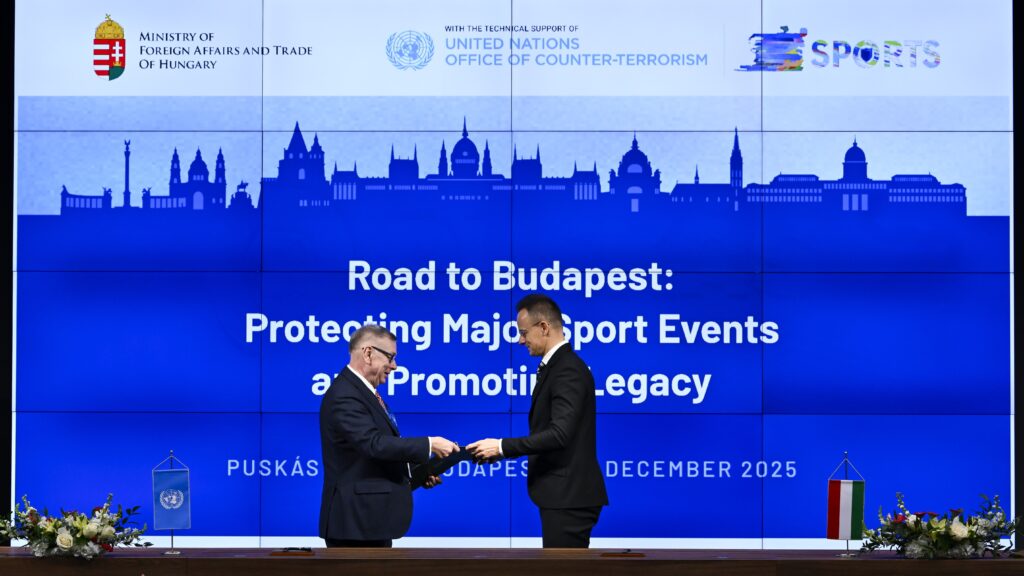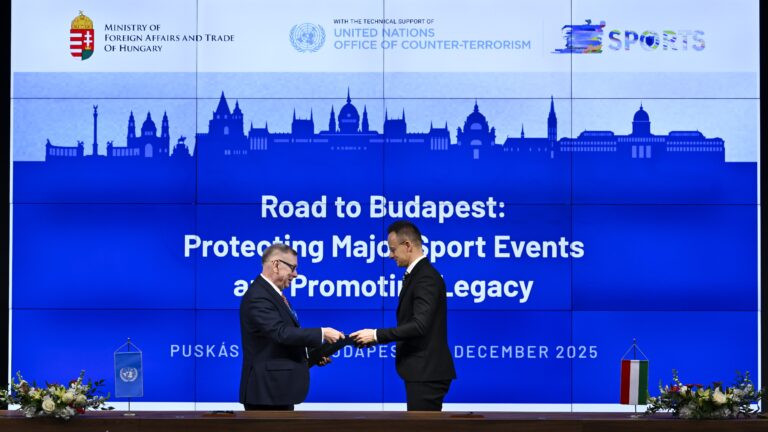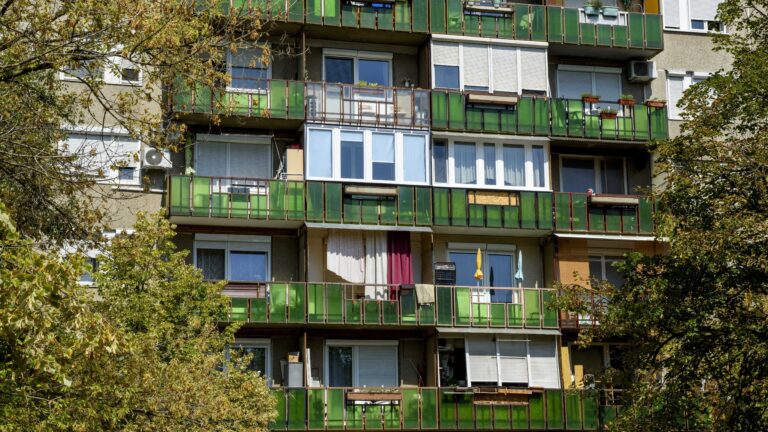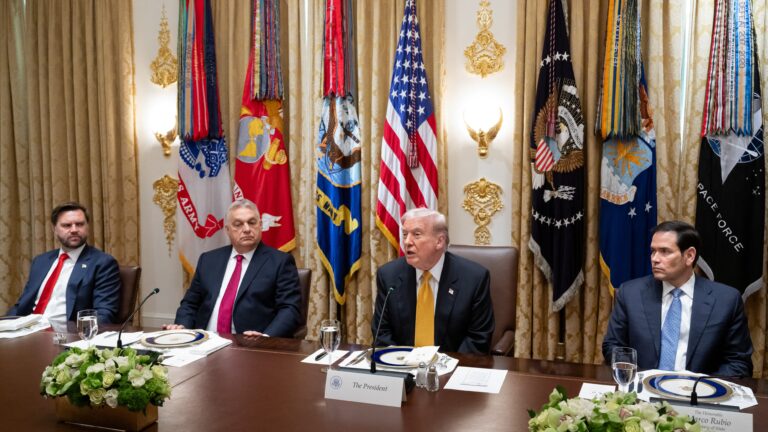Hungary aims to conduct a European Union presidency period that is genuinely capable of reviving and lifting the European Union off the ground, Prime Minister’s Political Director stated on public Kossuth Radio.
According to Balázs Orbán, the EU presidency is an opportunity to make Europe stronger and to represent Hungarian national interests as effectively as possible at the EU level. Regarding Prime Minister Viktor Orbán’s planned visits to Rome, Paris, and Berlin in the coming days, the director stated that prior to the presidency, every presidency leadership engages in intensive consultations with the leaders of the most important member states, informing them about the presidency programme and seeking political support.
This is part of the established diplomatic circuit in Europe, and the fact that the Hungarian Prime Minister is received in Paris, Berlin, and Rome shows that
many are counting on the Hungarian presidency to set a new direction for the Union,
he pointed out.
Balázs Orbán added that there are points of agreement and points of divergence among the heads of state and government, but the essence is that Hungary received a clear mandate on the 9 June elections. Hungarian voters clearly expressed what future they desire for Europe and provided a rather negative assessment of the past five years of institutional performance. He highlighted that those responsible for preparing the EU presidency have crafted the presidency programme in a way that allows for cooperation from all member states, which is a prerequisite for a successful presidency period. ‘The presidency’s priorities have a common goal: to strengthen Europe and make Europe great again. This is also our presidency slogan, which well expresses our objectives,’ he said. Balázs Orbán believes Hungary can count on the support of Europe’s key politicians for the Hungarian presidency, as everyone is interested in renewing Europe.
The Hungarian presidency will be excellent, as Hungary has gained much experience over the past five years, understanding what works and what does not. Hungarian approaches are always innovative and take into account differing interests. Hungary has suffered a lot in the past five years from double standards and attempts to silence it, so it knows how and when to compromise in EU decision-making, he opined. He added that in the second half of the year, elections will also be held in the United States, and if the Republican political forces come to power, the Hungarian presidency can play a significant constructive role in building relationships between the new presidential administration and European institutions.
Regarding Hungarian–German relations, he said Hungary and Germany have very similar views on Europe’s future in the evolving world order. They both
desire an open Europe that maintains and intensifies economic relations with the rest of the world
because exporting to non-European markets represents an opportunity for expansion. Balázs Orbán emphasized that the competitiveness decline due to the erroneous policies of Brussels in recent years is a challenge that everyone wants to address. Everyone wants a Europe that facilitates, rather than hinders, the life and competition of European companies and businesses, with a financial institutional system that supports rather than hampers growth, he added.
Concerning illegal migration, the political director highlighted that it affects each country differently. Some countries already face integration problems, while Hungary does not want such issues. Therefore, it focuses on border protection measures. However, they hope all European countries can agree on not allowing more illegal immigrants onto the European continent, and perhaps unity can be achieved on the necessary foreign policy, regulatory, financial, and other initiatives, he noted. Balázs Orbán pointed out that Hungary received a court decision timed for the post-EU elections period, imposing an unprecedented fine on Hungary’s border protection system. Not only is Hungary’s highly effective border protection system in the EU not supported, but they would also be required to dismantle it, and if they do not, they would have to pay a fine comparable to EU funding amounts, he said. He believes this shows that Brussels bureaucracy remains pro-migration. ‘We have to work in this headwind and cooperate with member states that want to stop illegal migration. We need to pressure the Brussels institutional system to change this policy; otherwise, there will be a significant problem in the end,’ he opined.
Balázs Orbán highlighted that the architects of the EU’s flawed policies of the past five years still want to unite, excluding right-wing forces from cooperation, effectively voting for the continuation of policies that led to Europe’s competitiveness decline, a failed green transition, a disastrous migration policy, and a flawed sanctions policy. He indicated that they will work to enable cooperation among the right-wing forces that made gains in the recent elections, with Italy and France playing a crucial role. Hungary will actively participate in shaping the frameworks of this collaboration, as it is a key member of the sovereigntist forces, and will undoubtedly find its place in the reforming right-wing cooperation, he concluded.
Related articles:

